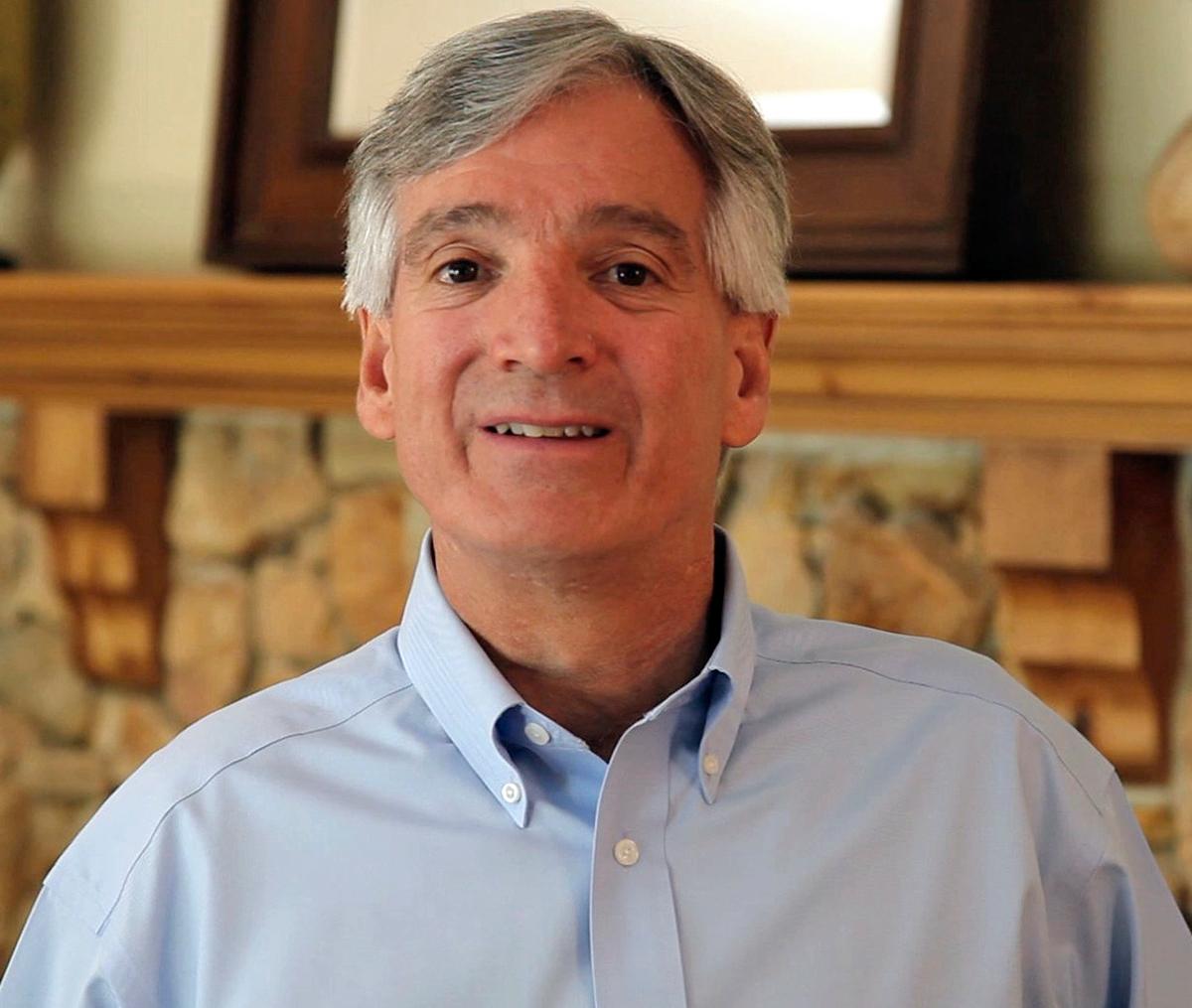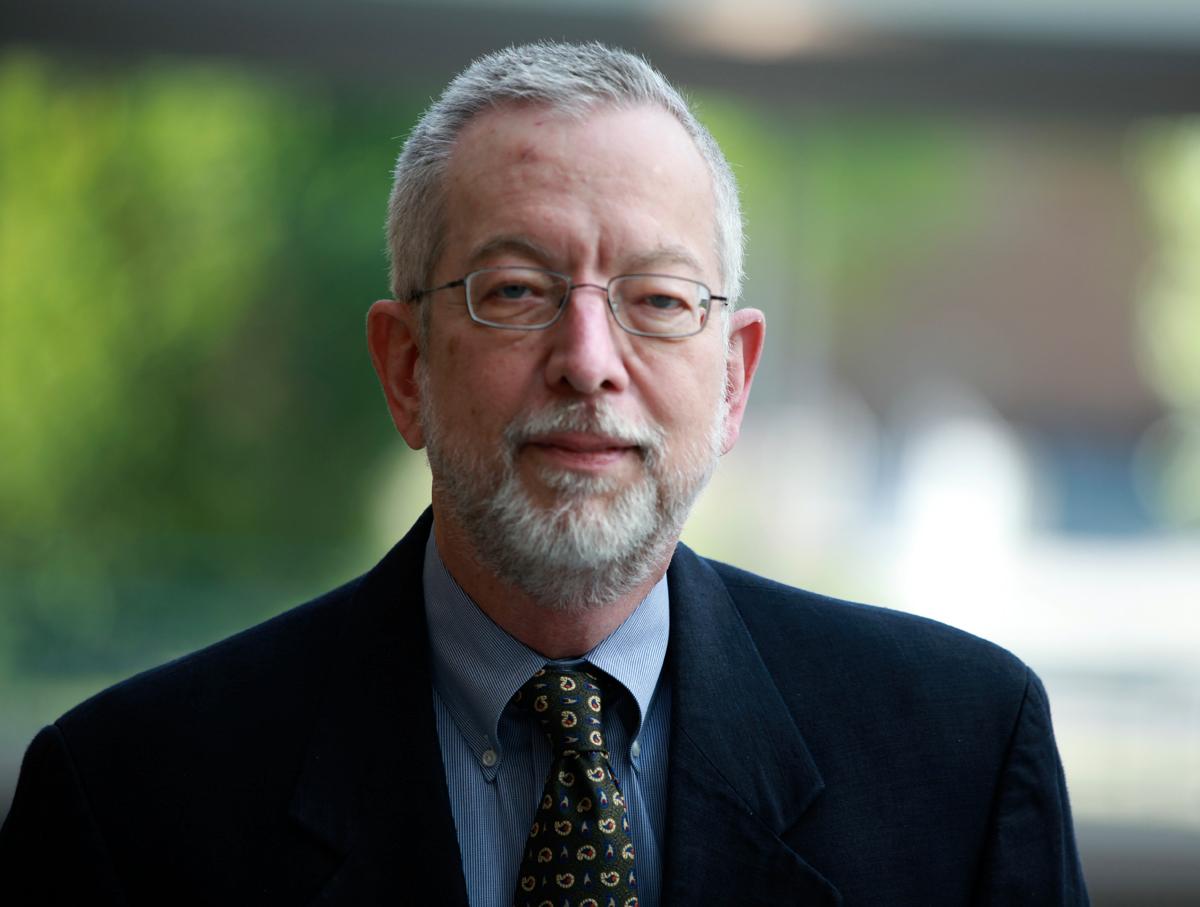School of Business hires three new professors
The Jon M. Huntsman School of Business has recently added three new staff members to its faculty: professors Jim Davis, Michael Glauser and Bill Shughart.
Together, their resumés help put the business school on the trajectory of excellence, Dean Doug Anderson said.
Davis and Glauser will be working together to better the entrepreneurial programs at USU as head of the Management Department and executive director of Entrepreneurial Programs, respectively.
Shughart will be playing a different role with an emphasis on political economy as the J. Fish Smith Professor in Public Choice.
Davis is the former head of the University of Notre Dame’s Gigot Center for Entrepreneurial Studies. Under his direction, Notre Dame’s program was ranked second in the nation for entrepreneurial studies for several years, and remained in the top five until he departed.
Glauser has an equally extensive past as the founder and former CEO of Golden Swirl Management Company and of Northern Lights. He taught at the University of North Carolina for a number of years before entering the private sector.
However, he re-entered education when Westminster College requested he start an entrepreneurial program there. He said he was approached by Anderson after Glauser gave an address at the Huntsman School’s e-Week April 2011, and was asked to join the school’s staff.
“Wouldn’t it be great to graduate with keys to your own business?” Davis asked. “We’re about launch; we’re not about talk. We will have a top-ranked management program and we will have a top ranked entrepreneurship program.”
Explaining how to teach entrepreneurism, Davis said, “What a business school gives is a way to manage risk, a way to build your network … a way to get mentoring that you cannot get any other way. And then to me, one of the most essential things is it teaches you the way to approach business.”
“I can tell you, in a college of business, that’s the place to pick that up,” Davis said. “I’ve had people try to pick it up on the street as they grow their business. Now that’s the school of hard knocks, man. It is very unforgiving.”
When asked how one can teach the innovation required of an entrepreneur, Glauser said, “It’s very possible to teach entrepreneurship.”
Shughart, who previously taught at the University of Mississippi, Clemson University and George Mason University, is ranked in the top five percent of all economists in the world by Internet Documents in Economics Access Service (IDEAS), an online bibliographic economic database. He worked as an economist for the Federal Trade Commission, has been published in The Wall Street Journal, Los Angeles Times, and is the editor in chief of Public Choice, a journal examining the intersection of politics with economics. Shughart said he plans to bring the journal to USU, which he said will be an asset to the university.
Shughart said the connections he has made through his work with Public Choice, the schools he has worked at, and the FTC will allow him to help students “get their feet in the door” of the different organizations and graduate programs.
“He’s deeply networked in the Capital City,” Anderson stated.
All three professors said they were impressed with the atmosphere and drive of the students and university faculty in Logan.
“Generally speaking,” Shughart said, “the faculty here is young and energetic.”
He said a key reason he came here was the faculty members, with whom he had longstanding relationships.
“Once I visited, I was very pleased with the environment,” he said.
Shughart said he was amazed after sitting in on a Koch Scholars meeting and was impressed with the curiosity of the students associated with the club.
Davis said the students at USU are “his kind of student.” He said the school has potential for “excellence beyond anybody’s imagination.”
Davis said he never intended to leave Notre Dame, but said he couldn’t resist coming to USU. “It’s almost like I saw a box of building blocks full of potential. All it needs is some structuring, some development … and we can be as good as anybody.”
Anderson said the three new hires are key to the school’s growth. He said the first step in becoming a premier college is being the number one school to the students and faculty within the college. If they are enthused, he siad, other things will fall into place.
“We know how to get better, and that’s what we are committed to doing,” Anderson said, adding that he is already working on recruiting eight or nine new professors for the coming year.
— bracken_allen@yahoo.com



